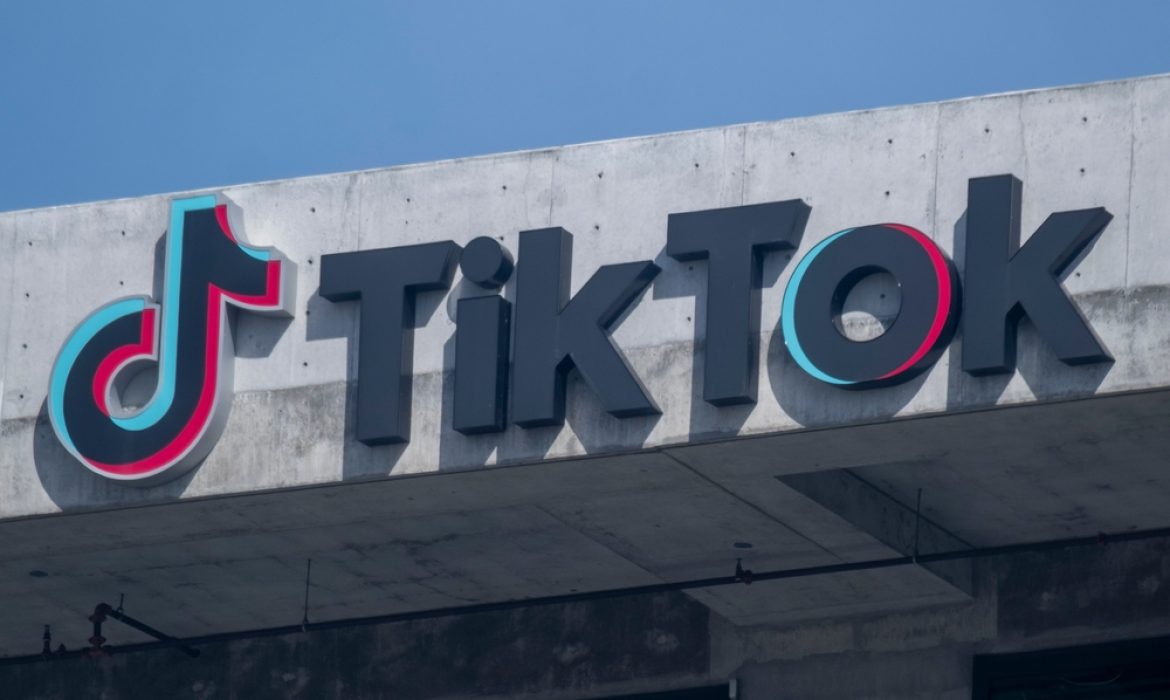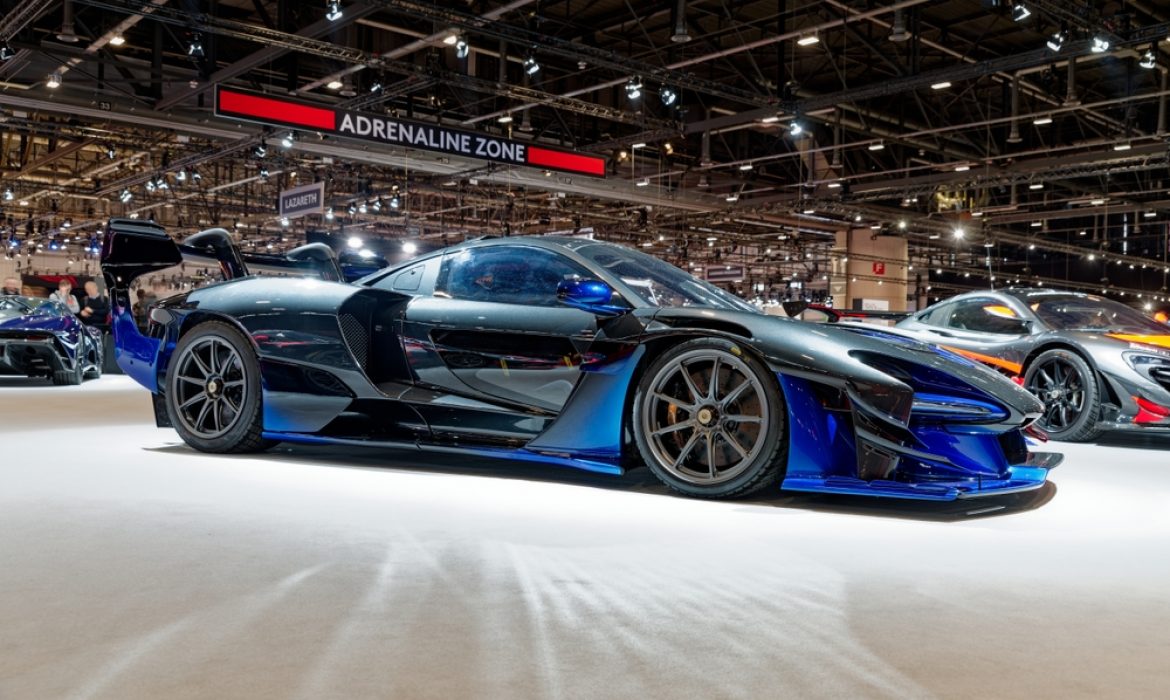YouGov Report Highlights TikTok’s Impact on Consumer Behavior
In recent years, TikTok has emerged as a cultural phenomenon, with its user base expanding exponentially. According to a recent YouGov report, 21% of Americans now use TikTok weekly, a staggering increase from previous years. This growth underscores TikTok’s enduring influence despite regulatory challenges and privacy concerns.
The platform has become a pivotal tool for marketers, providing direct access to a diverse audience, particularly among younger demographics. However, recent legislative efforts threaten TikTok’s operations in the U.S. President Joe Biden’s administration has taken steps toward a potential ban, citing national security concerns and data privacy issues. TikTok’s parent company, ByteDance, has responded with legal actions to contest the ban.
The YouGov report highlights shifting demographics among TikTok users. While the platform initially gained popularity among Gen Z, the average age of users has risen significantly. In 2022, 35% of users were aged 18 to 24, decreasing to 25% by 2024. Conversely, older age groups, such as 35 to 44, have shown increased engagement, indicating broader appeal beyond youth demographics.
Key insights from the report reveal that TikTok users are predominantly urban, female, and often parents, reflecting a diverse user base with significant purchasing power. Reuben Staines from YouGov notes, “The perception that TikTok is solely for teens is outdated. A substantial portion of users are affluent and over 35, challenging traditional marketing assumptions.”
Despite concerns over privacy, TikTok users express more confidence in government protection compared to the general population. This sentiment is crucial amid debates over a potential ban, with 45% of users opposing such measures.
From a marketing perspective, TikTok proves formidable. Users are highly receptive to advertising and influencer marketing, showing higher rates of impulsive purchasing behaviors compared to the general public. However, uptake of TikTok’s in-app shopping features in the U.S. remains modest, with awareness high but conversion rates relatively low.
As TikTok continues to evolve, its role in social media and digital marketing strategies will likely expand, driving innovation and engagement across diverse consumer segments.
For further insights on TikTok’s user dynamics and market impact, read the full article on Marketing Dive.
End of an Era: Geneva International Motor Show Bids Farewell After 119 Years
The renowned Geneva International Motor Show, a cornerstone of the automotive world since its inception in 1905, is closing its doors permanently. This decision, confirmed by the event’s organizers on Friday, marks the end of a 119-year legacy that witnessed the evolution of the automobile industry from its nascent stages to the modern era.
The once-celebrated showcase of automotive innovation and grandeur, which attracted legions of enthusiasts and industry leaders, has succumbed to dwindling participation from manufacturers and a shifting landscape in global automotive exhibitions.
According to Alexandre de Senarclens, president of the foundation’s permanent committee, the decision to cancel the show was deeply regrettable. “The lack of interest shown by manufacturers in the Geneva Salon, in a challenging industry context, and the competition from domestic shows in Paris and Munich, have dealt a final blow to the event,” de Senarclens stated. This decline in interest, coupled with the significant investments required to maintain the show, prompted organizers to request the dissolution of the foundation responsible for the event .
The Geneva International Motor Show first opened its doors in 1905, captivating 17,000 visitors with its showcase of the latest automotive marvels. The event faced interruptions due to World War I and economic hardships but resumed in 1923.
The show reached its zenith in 2005, boasting nearly 750,000 attendees. However, the COVID-19 pandemic halted the event for four years, and its attempted comeback in 2024 fell short of expectations, with only 37 exhibitors and 168,000 visitors, a stark contrast to the pre-pandemic attendance figures of 602,000 visitors and 184 exhibitors in 2019.
Despite the Geneva show’s closure, the brand will live on through its Qatar edition. The Geneva International Motor Show Qatar, which had a successful debut last year, is set to continue, with the next event scheduled for November 2025 in Doha.
This move underscores the changing dynamics of the automotive exhibition landscape, as emerging markets like Qatar continue to gain prominence, offering new opportunities for showcasing automotive innovation .
For more details on the cancellation of the Geneva International Motor Show, visit Tech Xplore.



